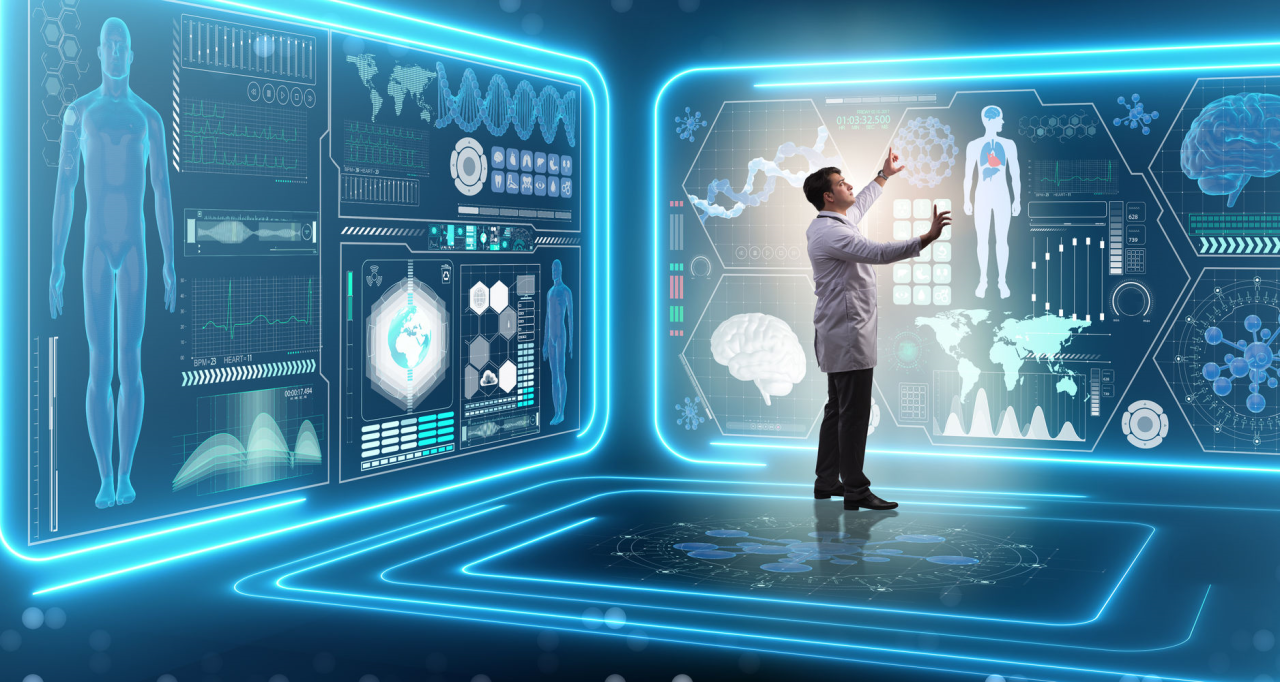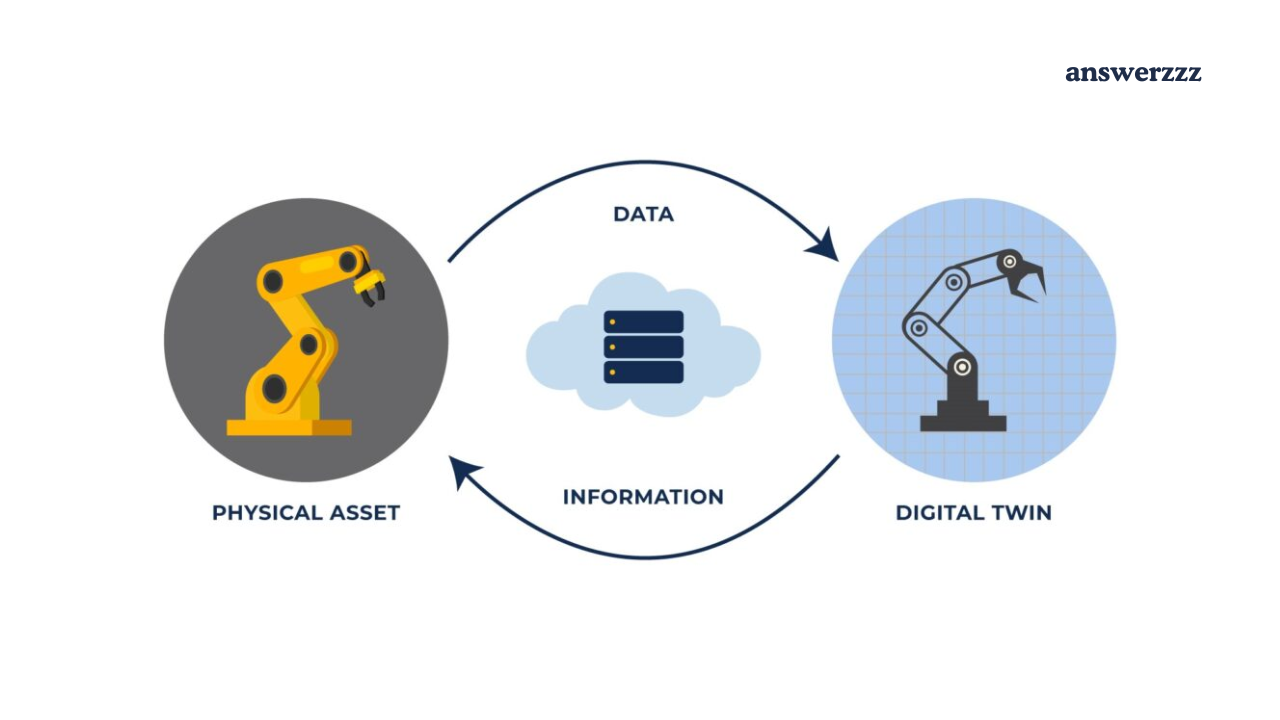Precision medicine, often referred to as personalized medicine, represents a transformative approach in healthcare that aims to tailor treatment and prevention strategies based on individual characteristics. This innovative paradigm shifts the focus from a one-size-fits-all model to one that considers genetic, environmental, and lifestyle factors unique to each patient. At the forefront of this evolution is artificial intelligence (AI), a technology that holds the potential to revolutionize how we approach diagnosis, treatment, and patient care in the realm of precision medicine. The intersection of AI and precision medicine promises to enhance healthcare outcomes by enabling more accurate diagnoses, personalized treatment plans, and improved patient monitoring.
The Role of AI in Precision Medicine

AI technologies, including machine learning, deep learning, and natural language processing, are increasingly being integrated into the healthcare sector. These tools can analyze vast amounts of data, identify patterns, and derive insights that are beyond human capabilities. In precision medicine, AI facilitates the interpretation of complex genetic information and the identification of biomarkers that indicate susceptibility to specific diseases. By harnessing AI, healthcare professionals can predict how individuals will respond to certain treatments based on their unique genetic makeup, thus paving the way for more effective therapeutic strategies.
Enhancing Diagnostics with AI
One of the most significant contributions of AI to precision medicine is in the realm of diagnostics. Traditional diagnostic methods often rely on subjective interpretations and limited data, which can lead to misdiagnoses or delayed treatment. AI, with its ability to process and analyze large datasets quickly, enhances diagnostic accuracy. For instance, machine learning algorithms can analyze medical imaging data, such as X-rays and MRIs, to identify anomalies with remarkable precision. These algorithms can be trained using thousands of images, allowing them to learn and recognize patterns indicative of various conditions, including cancer and cardiovascular diseases.
Moreover, AI can assist in genomic analysis, where it can sift through extensive genomic data to identify mutations and alterations associated with diseases. By comparing a patient’s genetic profile to a database of known genetic markers, AI can help clinicians determine the most effective treatment options. This capability is especially crucial in oncology, where specific mutations can dictate the choice of targeted therapies, ultimately leading to better outcomes for patients.
Personalized Treatment Plans
The ability of AI to analyze data extends to developing personalized treatment plans. With insights drawn from a patient’s genetic information, clinical history, and lifestyle factors, AI algorithms can recommend tailored treatment options. For example, in cancer treatment, oncologists can utilize AI to analyze a patient’s tumour genetics, determining which chemotherapy or immunotherapy would be most effective. This personalized approach reduces the trial-and-error nature of traditional treatments, minimizing side effects and enhancing the likelihood of successful outcomes.
Furthermore, AI can predict patient responses to medications, thereby preventing adverse drug reactions. By utilizing pharmacogenomics—an area of precision medicine that studies how genes affect a person’s response to drugs—AI algorithms can analyze genetic variants that influence drug metabolism. This allows for the customization of medication choices and dosages, ensuring that patients receive therapies that align with their genetic profiles.
Improving Patient Monitoring and Follow-Up
In addition to enhancing diagnostics and treatment personalization, AI significantly improves patient monitoring and follow-up care. Wearable devices and mobile health applications equipped with AI capabilities can continuously track patient health metrics, such as heart rate, blood pressure, and glucose levels. This real-time data collection allows healthcare providers to monitor patient’s conditions closely and intervene proactively when necessary.
AI-powered predictive analytics can also identify patients at risk of developing complications or worsening conditions, facilitating early interventions. For example, in patients with chronic diseases like diabetes or heart failure, AI can analyze patterns in their health data to forecast potential crises, enabling timely medical responses. This proactive approach not only enhances patient outcomes but also reduces healthcare costs by preventing hospitalizations and emergency interventions.
Ethical Considerations in AI and Precision Medicine
While the integration of AI into precision medicine offers tremendous potential, it also raises important ethical considerations. The collection and analysis of vast amounts of patient data pose significant privacy concerns. Ensuring that patient information is protected and used responsibly is paramount in maintaining trust in the healthcare system. Additionally, the potential for algorithmic bias—where AI systems make decisions based on skewed data—can lead to inequities in healthcare delivery. Developers and healthcare providers must prioritize fairness, transparency, and accountability in AI algorithms to prevent exacerbating existing health disparities.
Data Privacy and Security
Data privacy and security are critical issues in the implementation of AI in precision medicine. The sensitive nature of health information necessitates stringent data protection measures. Healthcare organizations must comply with regulations such as the Health Insurance Portability and Accountability Act (HIPAA) in the United States, which safeguards patient information. Moreover, as AI systems rely on large datasets for training, ensuring that the data used is anonymized and securely stored is vital to protect patient identities and maintain confidentiality.
Addressing Algorithmic Bias
Algorithmic bias presents another challenge in the integration of AI into precision medicine. If the data used to train AI algorithms is not representative of diverse populations, it can result in biased outcomes that disadvantage certain groups. For instance, if an AI system is primarily trained on data from one ethnic group, its predictions and recommendations may not be accurate for individuals from other backgrounds. To combat this issue, it is essential to diversify the data used in AI training and implement regular audits to assess and mitigate bias in AI systems.
Future Prospects: AI-Driven Precision Medicine
The future of precision medicine, driven by AI, holds immense promise. As technology continues to evolve, we can expect more sophisticated AI applications that enhance every aspect of patient care. One exciting development is the potential for AI to integrate with genomic data and electronic health records (EHRs), creating a comprehensive picture of patient health. This integration would allow healthcare providers to access and analyze a patient’s complete medical history and genetic information in real time, facilitating informed decision-making.
Advancements in Genomic Sequencing
Advancements in genomic sequencing technologies, combined with AI, are set to revolutionize precision medicine. Next-generation sequencing (NGS) has made it possible to sequence entire genomes rapidly and cost-effectively. As these technologies become more accessible, AI will play a crucial role in interpreting the vast amounts of genomic data generated. With AI algorithms capable of identifying genetic variants linked to diseases, clinicians will be empowered to make more informed decisions regarding diagnosis and treatment.
AI and Drug Discovery
AI’s impact on precision medicine extends to drug discovery and development. Traditional drug development processes are often lengthy and costly, with a high rate of failure. AI can streamline this process by analyzing biological data to identify potential drug targets and predict how compounds will interact with these targets. By accelerating the identification of promising drug candidates, AI has the potential to reduce development time and costs, ultimately bringing life-saving therapies to market more rapidly.
Embracing the Future of Precision Medicine
As we look to the future, the integration of AI into precision medicine represents a paradigm shift in healthcare. The ability to leverage AI for enhanced diagnostics, personalized treatment plans, and improved patient monitoring will undoubtedly lead to better health outcomes and more efficient care delivery. However, addressing ethical considerations such as data privacy and algorithmic bias is crucial to ensure that the benefits of AI are equitably distributed across diverse populations.
AI has the potential to redefine how we understand and approach medicine, paving the way for a future where healthcare is truly personalized. As we continue to embrace these technological advancements, we must do so with a commitment to ethical practices and a focus on improving patient outcomes for all. The journey towards a future of precision medicine powered by AI is just beginning, and the possibilities are limitless.





